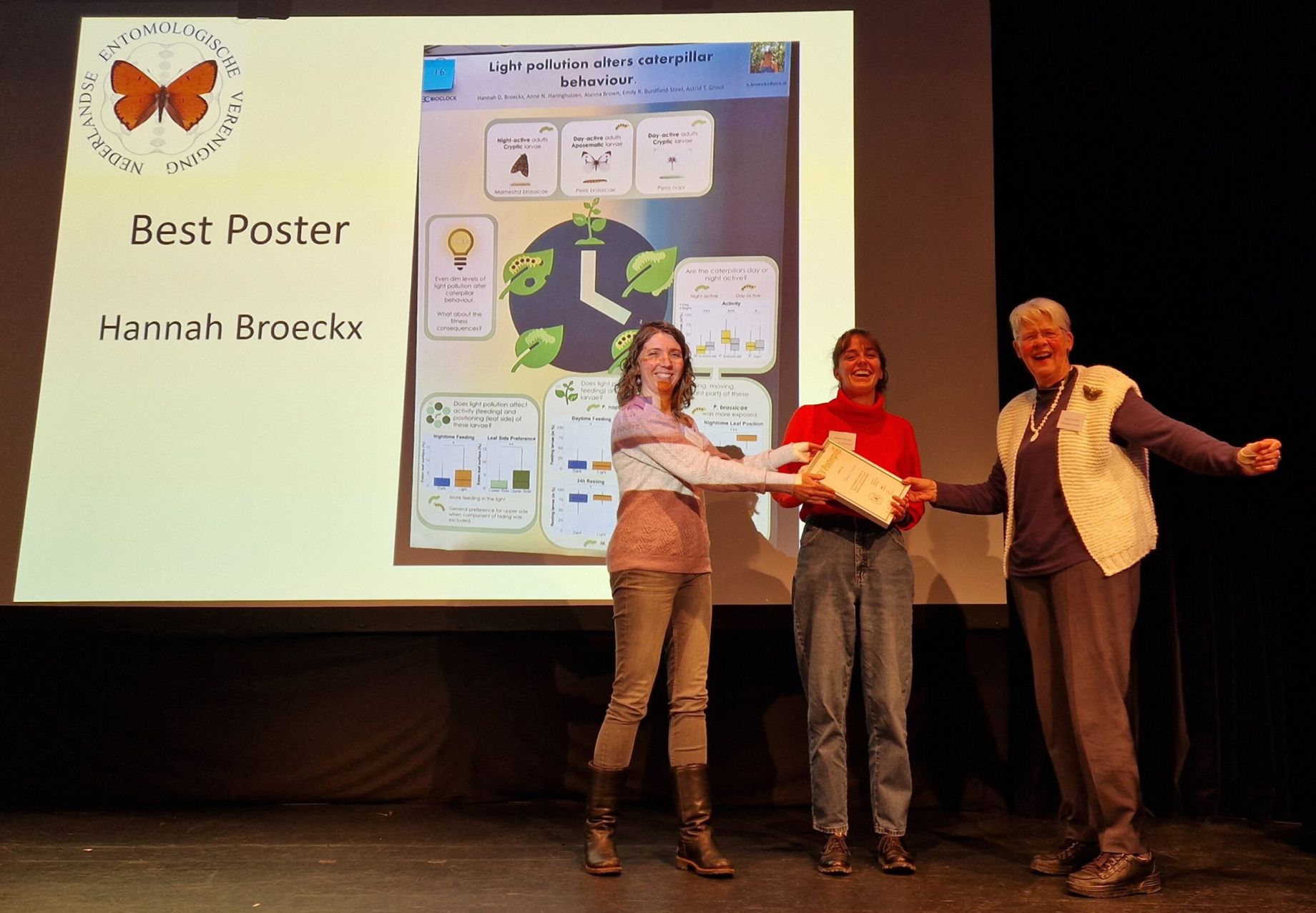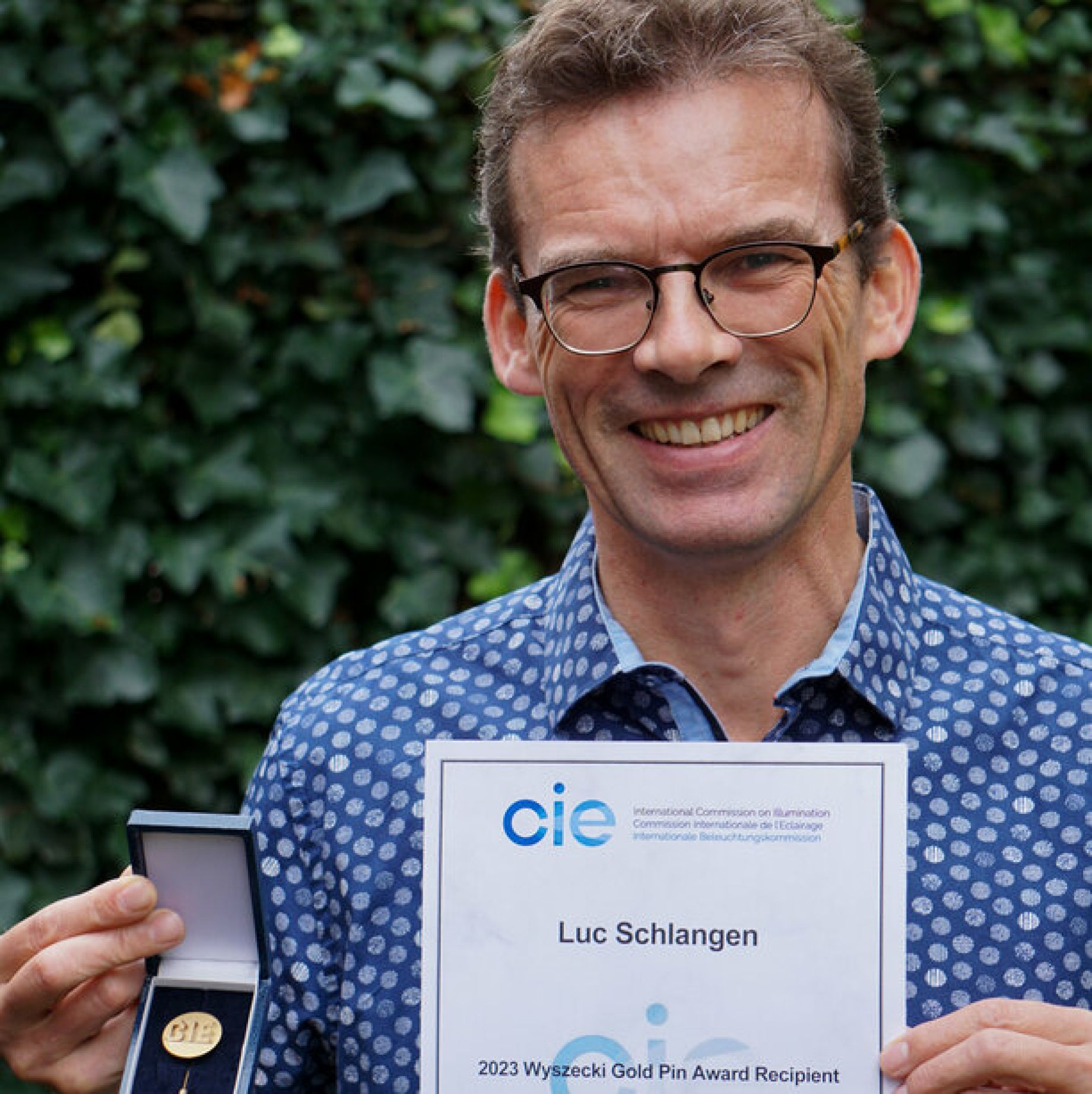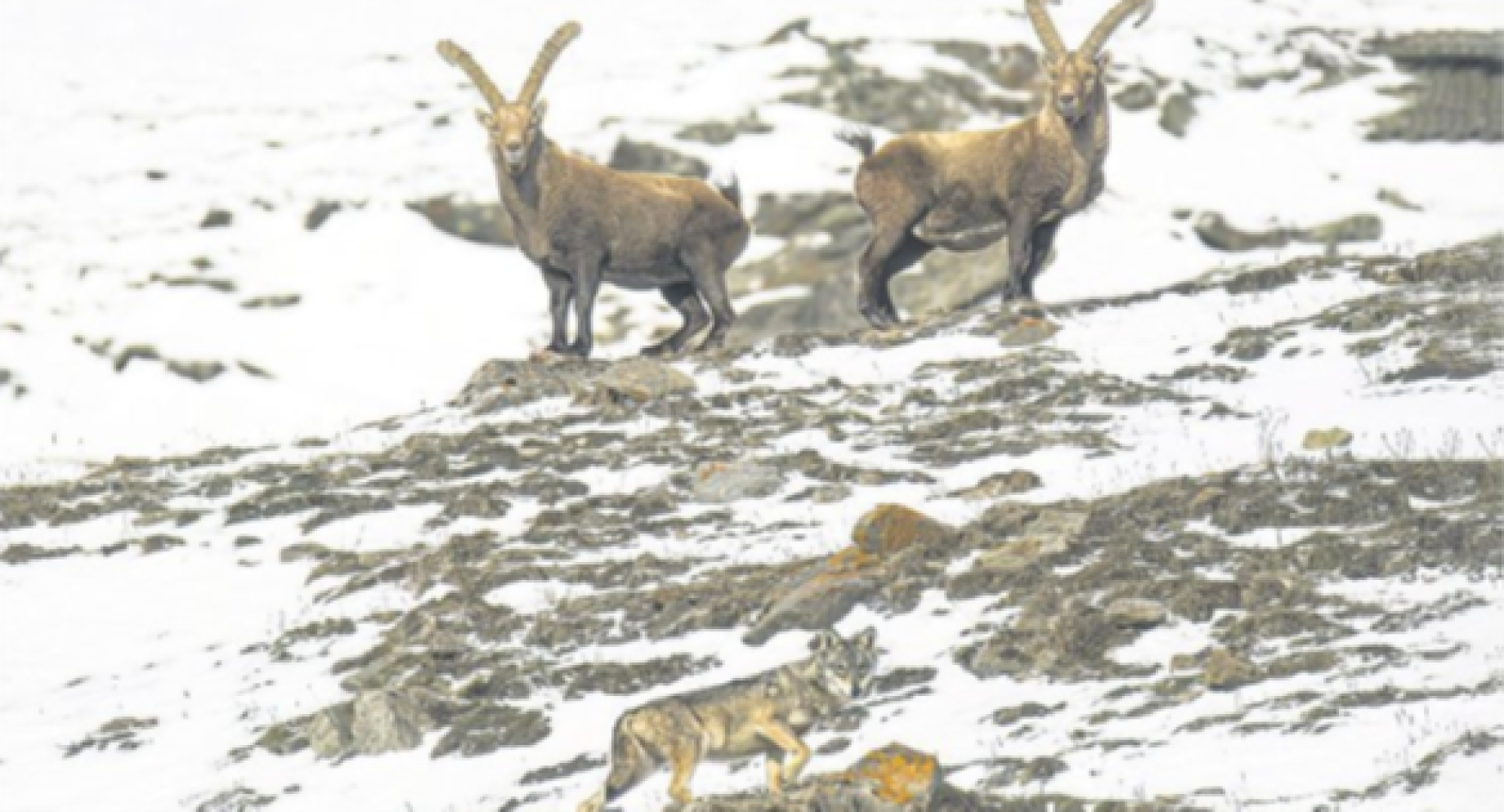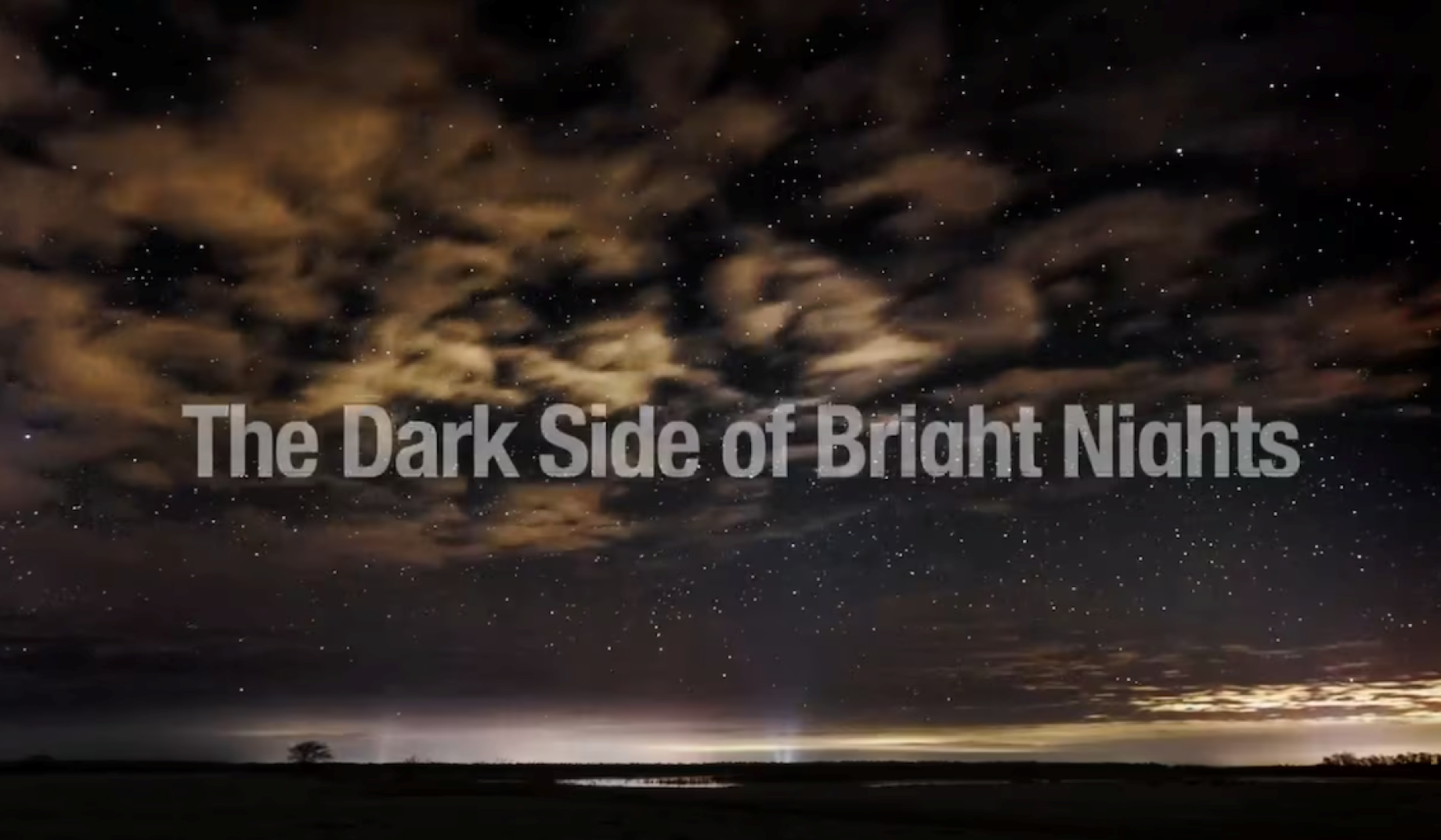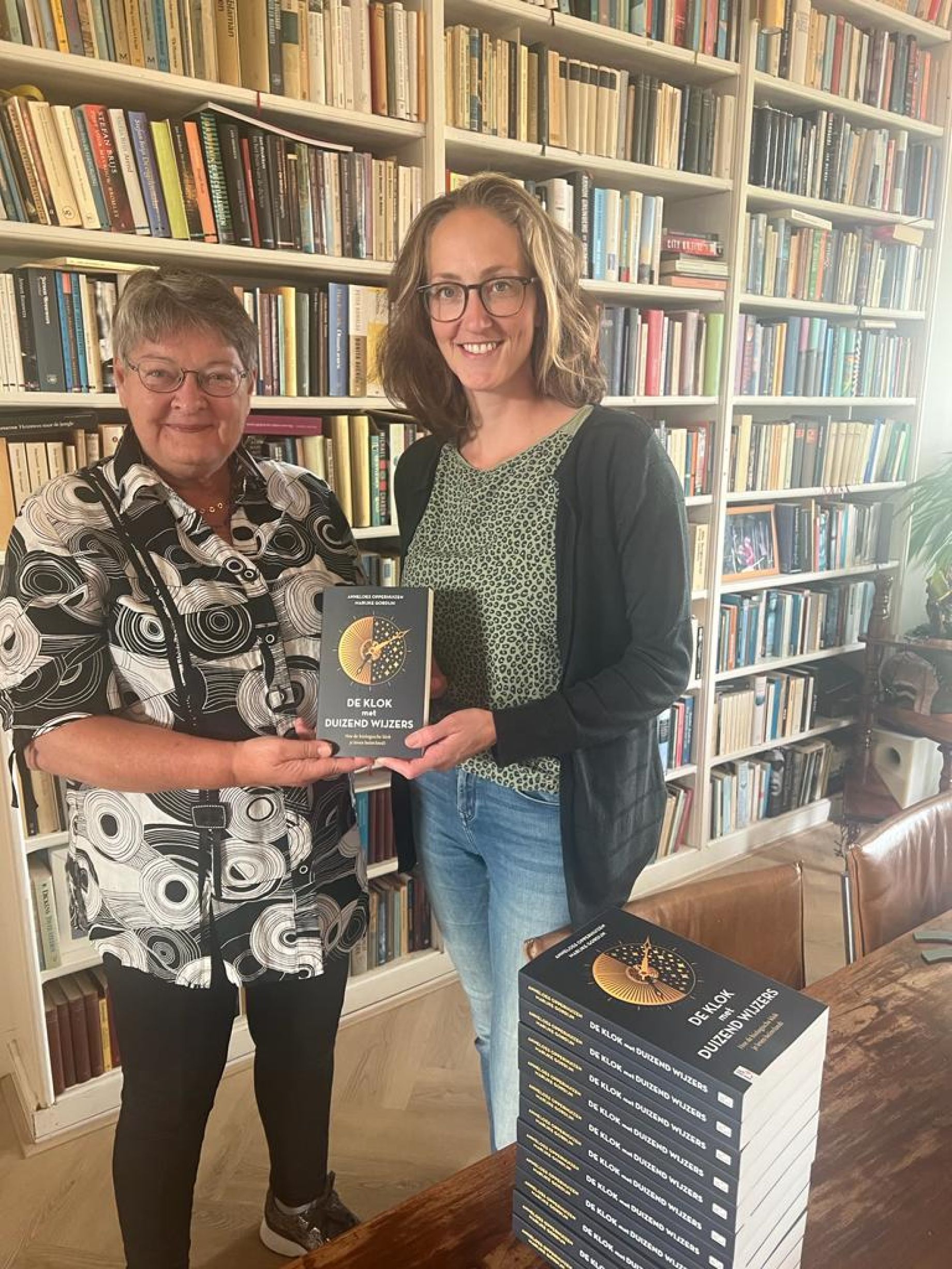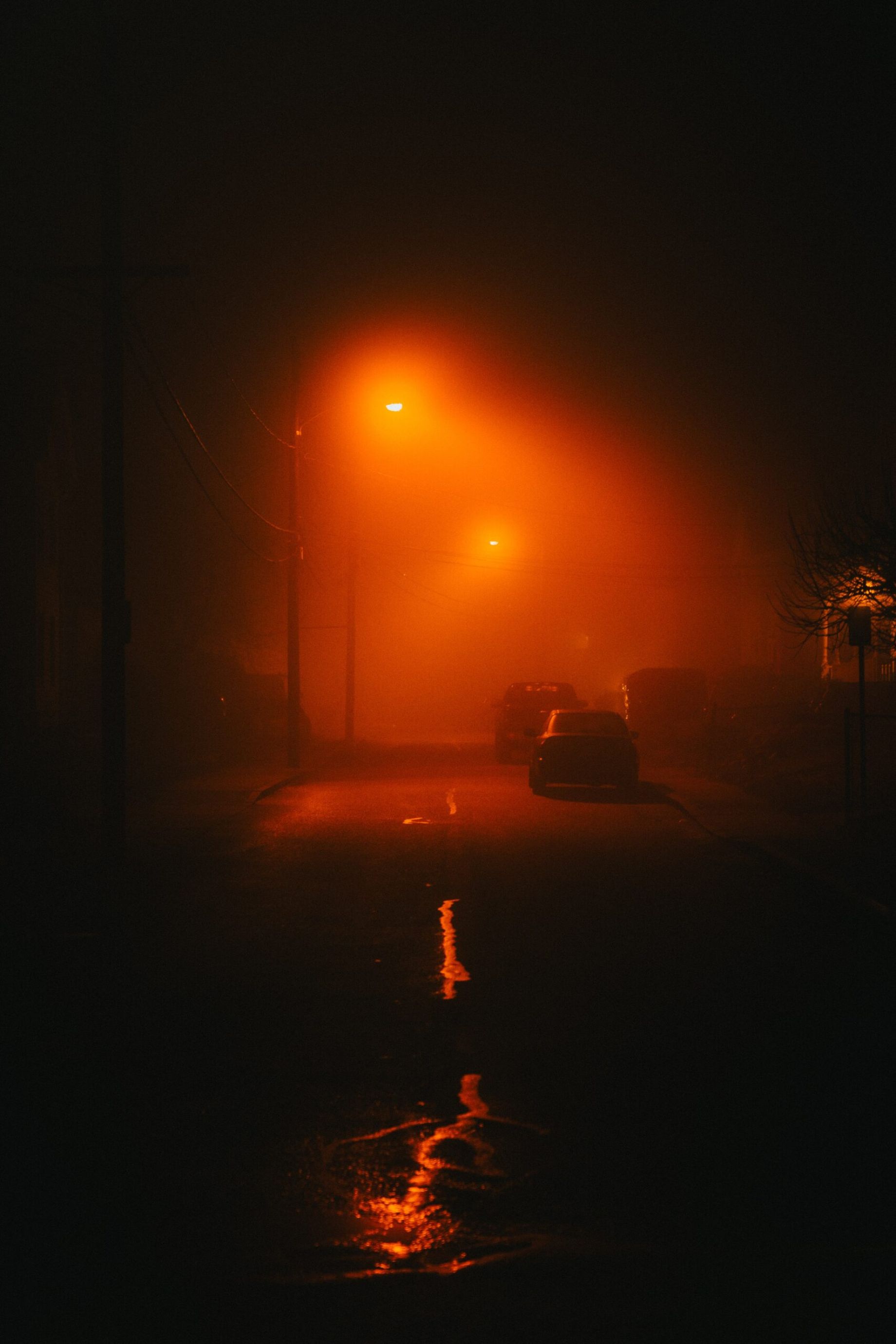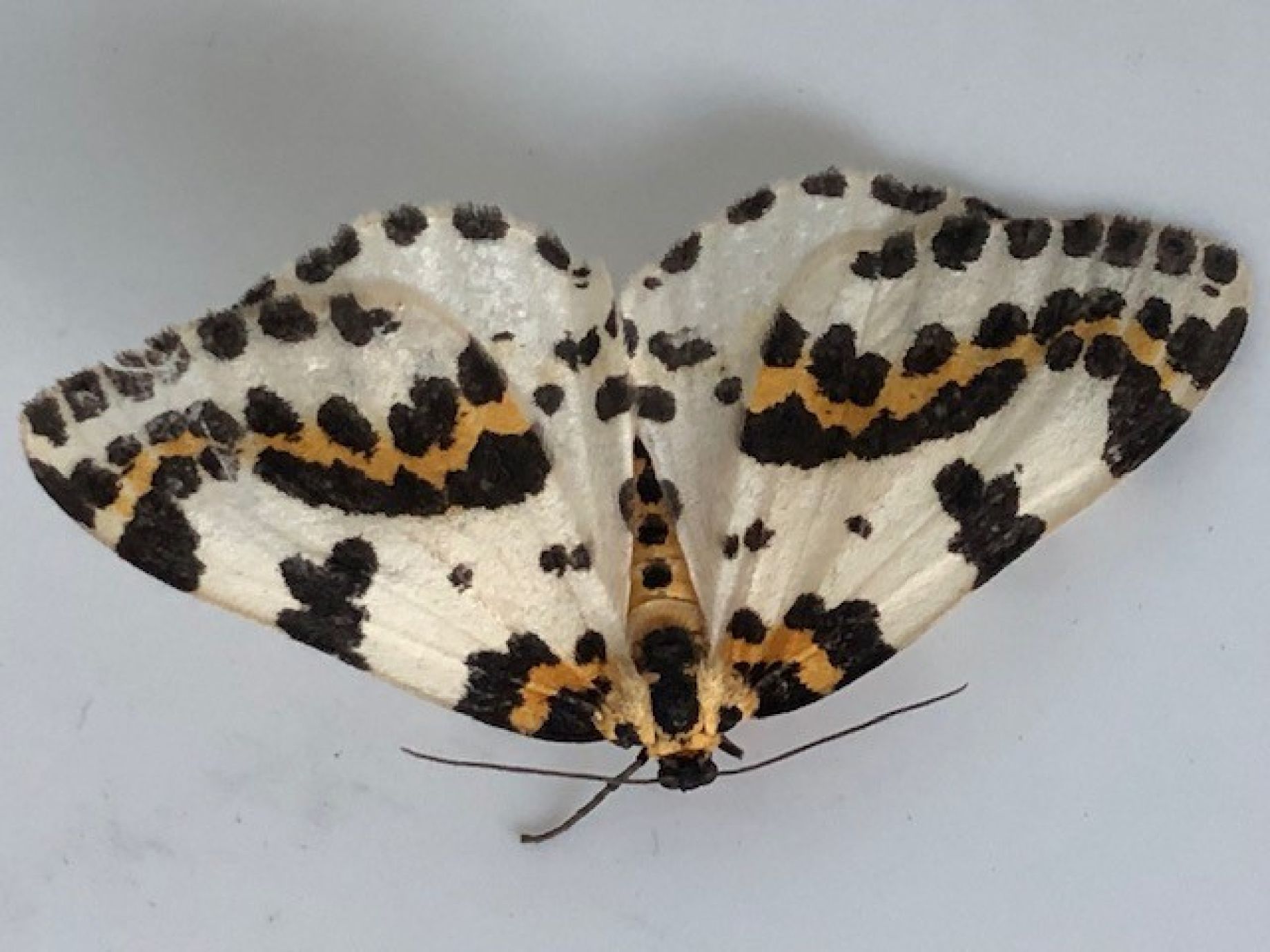Author: bioclock
On Friday, December 13, Hannah Broeckx won the poster prize during the annual Entomology Day organized by the Netherlands Entomological Society (NEV). Entomology Day is an event dedicated to the study of insects, known as entomology. It provides a platform for sharing knowledge and insights about insects and their role in nature and society. This annual gathering attracts a diverse audience of entomologists, scientists, students, and industry representatives.
The Award
The...
CIE Wyszecki Gold Pin Awardee 2023: Luc Schlangen
Luc Schlangen received a prestigious four-yearly prize of the International Commission on Illumination (CIE), the Wyszecki Gold Pin Award for exceptional outstanding contribution in fundamental research. The award is given for his significant contributions to the development and advancement of the CIE System for Metrology of Optical Radiation for ipRGC-influenced Responses to Light in humans. This system for quantifying light provides the foundation for replicable research...
Article – Seeking temporal refugia to heat stress
Flexibility in activity timing may enable organisms to quickly adapt to environmental changes. Under global warming, diurnally adapted endotherms may achieve a better energy balance by shifting their activity towards cooler nocturnal hours. However, this shift may expose animals to new or increased environmental challenges (e.g. increased predation risk, reduced foraging efficiency).
Read the whole article
Documentary – The Dark Side of Bright Nights
Two young filmmakers,Tim Visser and Sander van Iersel have made a beautiful documentary about light and light pollution, which was first shown at the Rotterdam Film Festival, 2023, featuring BioClock researcher Kamiel Spoelstra.
THE DARK SIDE OF BRIGHT NIGHTS – How Artificial light threatens nature
Book – The clock with a thousand hands
A new Dutch book about the biological clock will be released on October 20 – De klok met duizend wijzers, translated to The clock with a thousand hands – How the biological clock influences your life. Anneloes Opperhuizen and Marijke Gordijn wrote the book that explains what the biological clock is, how it works and how it is discovered. They also describe how the clock influences physiological processes such as energy metabolism and immunity, but also behavior such as sleep....
Nature friendly lighting in the city
The national organization for public lighting in the Netherlands (OVLNL) have published an article about BioClock in the technical magazine for public lighting. The article is accessible here (in Dutch).: https://heyzine.com/flip-book/1f9692687c.html#page/9
How many moth species live in Amsterdam?
From May till September of this year, Amsterdam has been the research site of a large moth-project. At over 50 different places in the city of Amsterdam, citizens have collected data on the presence of nocturnal moths. These insects are very important for the pollination of plants but are strongly reducing in number, partly due to light pollution. Therefore, research is important and you can read the results of this study (in Dutch) here: Noord telt 276 Nachtvlindersoorten | Al het...
